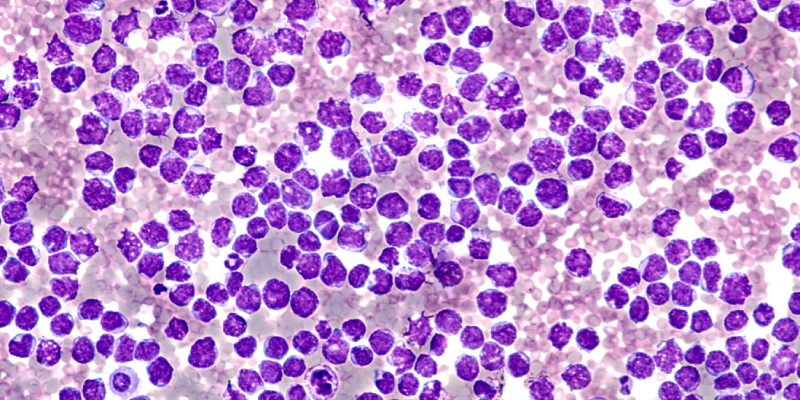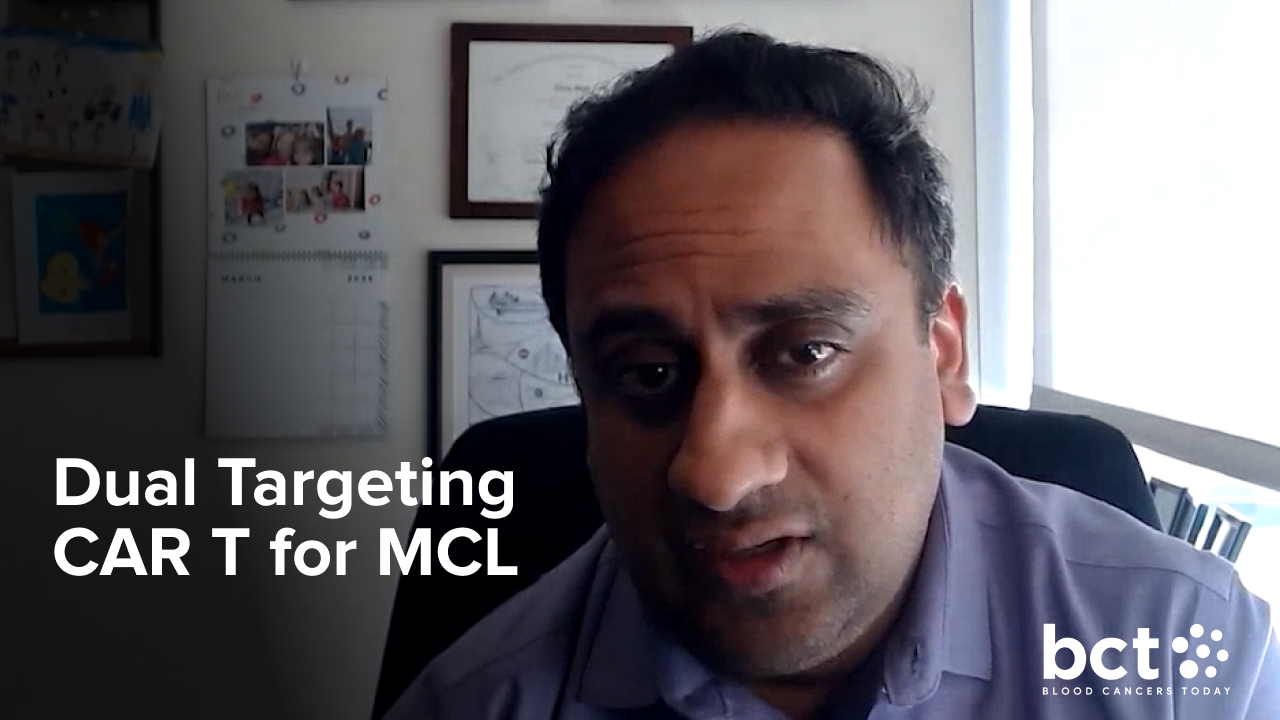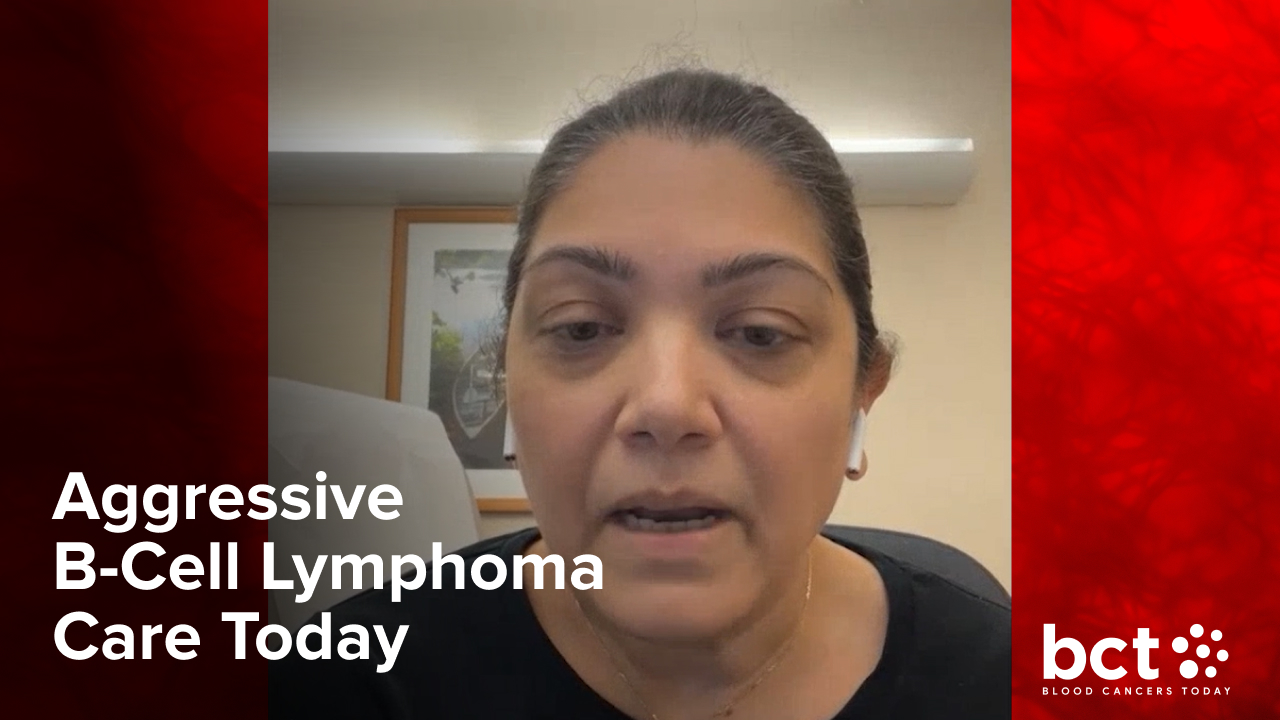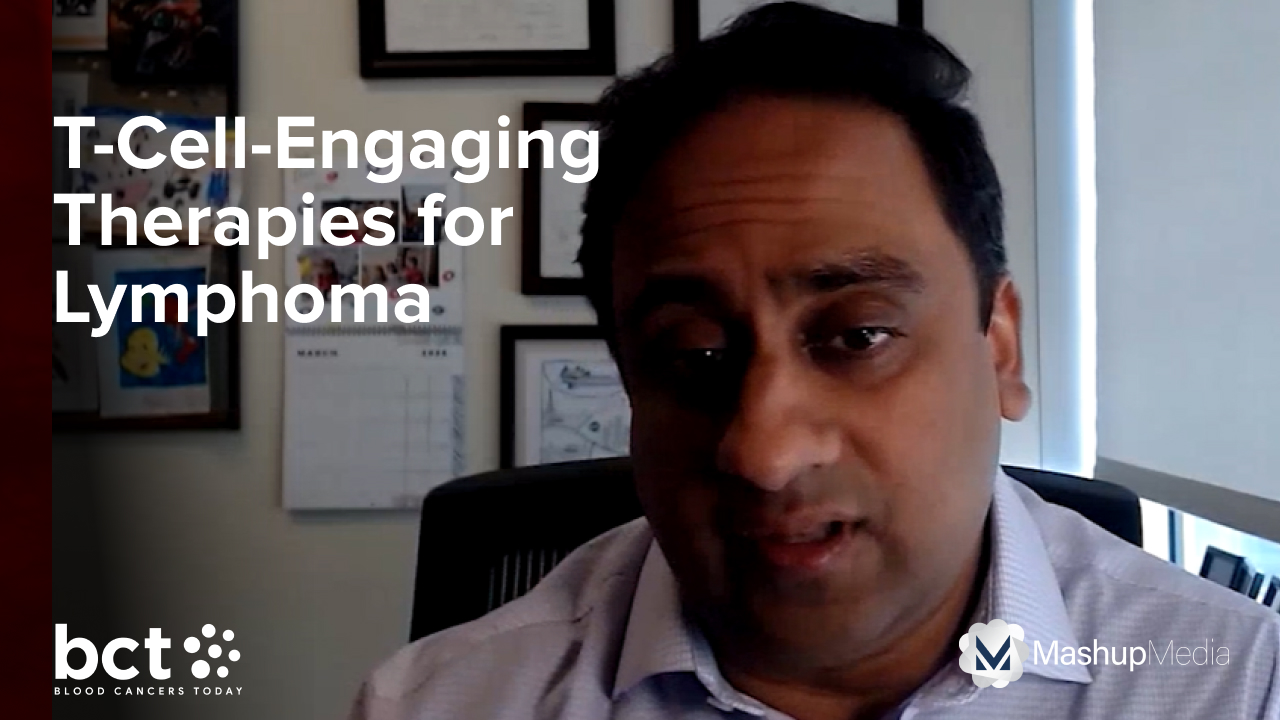
A retrospective study performed at six centers in the United States has evaluated chimeric antigen receptor (CAR) T-cell therapy in patients with mantle cell lymphoma (MCL) with secondary central nervous system (CNS) involvement. Its results were presented in a letter published in Blood Advances.
The investigators who conducted the study wrote that “anti-CD19 CAR-T therapy showed encouraging response rates in patients with MCL with and without active CNS disease at infusion, with a reasonable safety profile and manageable adverse events.”
The study cohort included 12 patients with MCL and secondary CNS involvement who had undergone CAR-T therapy. It was 75% male, had a median age at CAR-T infusion of 72 years, and the median number of prior therapies was four. Eight patients had active CNS disease at the time of CAR-T infusion. The median follow-up of surviving members of the cohort was 16.7 months and 50% of the cohort was alive at last follow-up.
For the overall cohort, progression-free survival (PFS) was 58% at six months and 33% at 12 months, and overall survival (OS) was 83% at six months and 67% at 12 months. For patients who had active CNS disease at CAR-T infusion, PFS was 50% at six months and 25% at 12 months, and OS was 75% at six months and 63% at 12 months. In patients without active CNS disease at infusion, PFS was 75% at six months and 50% at 12 months. The OS was 100% at a time interval of approximately six months and 75% at approximately 12 months.
For the overall cohort, the non-relapse mortality rate at 12 months was 10%. At 12 months there was a cumulative incidence of relapse of 50% for the overall cohort and 50% among patients with active CNS disease.
Grade 1-2 cytokine release syndrome (CRS) occurred in 91.67% of the overall cohort and the median time to CRS onset was three days. The rate of CRS was 87.5% in patients who had active CNS involvement and 100% in those who did not. Immune effector cell–associated neurotoxicity syndrome (ICANS) affected 83.33% of the overall cohort, grade 3-4 ICANS affected 58% of the overall cohort, and the median time to ICANS onset was six days. The rate of ICANS was 87.5% in patients who had active CNS involvement and 75% in those who did not.
Regarding the study population, the investigators emphasized that “the risk of CNS relapse unfortunately is high in such patients,” and that “[i]ncreased frequency of ICANS remains a concern and a topic worthy of further study.”
Reference
Ahmed G, Alsouqi A, Szabo A, et al. CAR T-cell therapy in mantle cell lymphoma with secondary CNS involvement: a multicenter experience. Blood Adv. 2024;8(13):3528-3531. doi:10.1182/bloodadvances.2023012255






 © 2025 Mashup Media, LLC, a Formedics Property. All Rights Reserved.
© 2025 Mashup Media, LLC, a Formedics Property. All Rights Reserved.